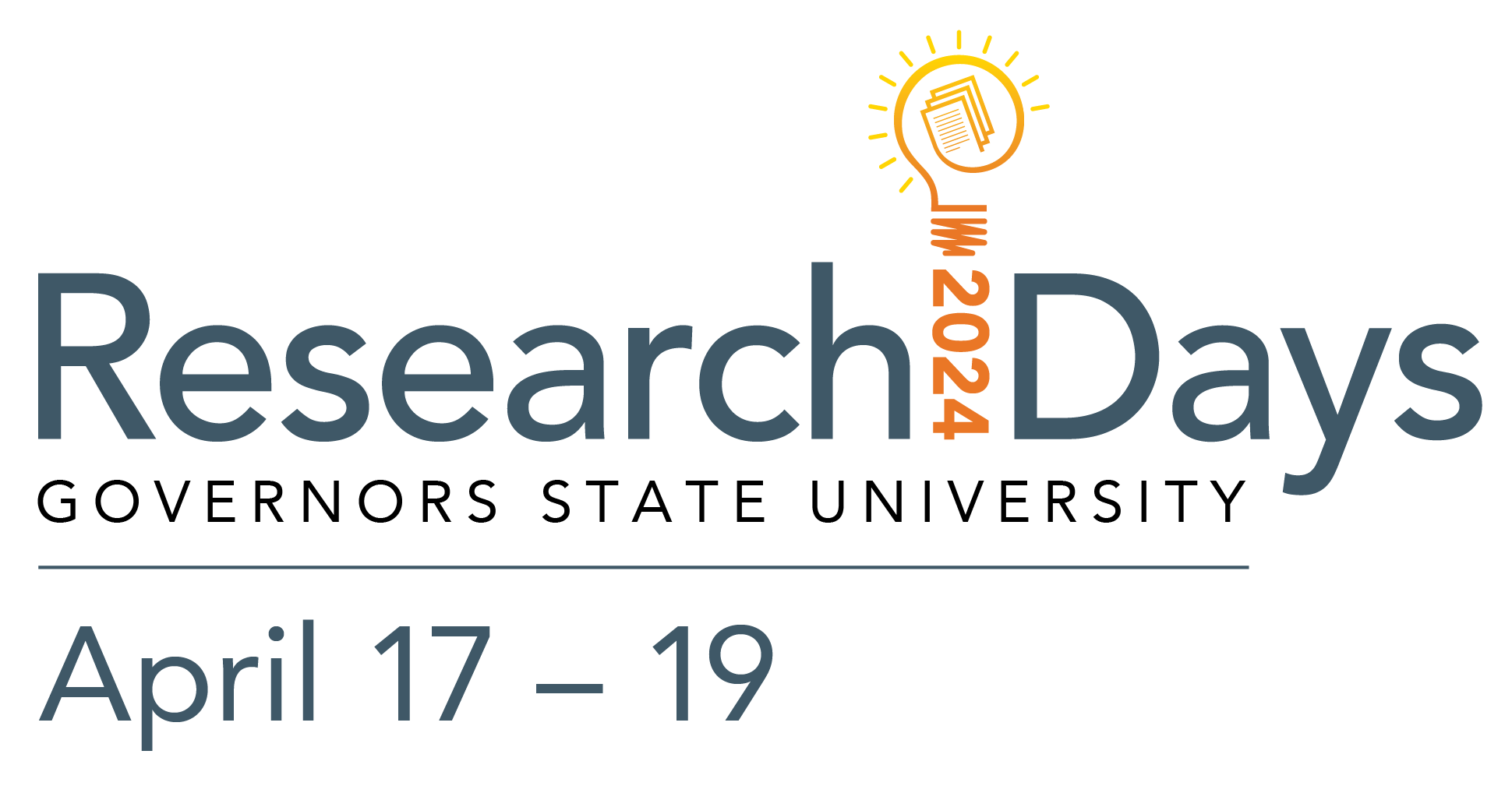Actively Open-Minded Thinking, Religious Beliefs, and Epistemically Suspect Beliefs: The Extent of Religiosity
Type of Presentation
Poster Session
Location
University Library
Start Date
4-17-2024 11:45 AM
End Date
4-17-2024 1:15 PM
Abstract
It is a widespread belief that there is conflict between religion and modern science due to differences in conceptions. Modern science uses evidence gathered through systematic methodology, whereas religious beliefs and epistemically suspect beliefs (belief in the paranormal, conspiracies, and pseudoscience) contradict natural occurrences, either disproved or unsupported by modern science. The difference in conceptions is explained by varying reasoning processes. Actively open-minded thinking is a cognitive predictor when evaluating reasoning processes, as it is the ability to consider beliefs beyond one’s biases. In this study, the correlation between religious and epistemically suspect beliefs (ESBs) and actively open-minded thinking will be evaluated. It is predicted that a negative correlation will be observed and display the extent of one’s religiosity. Various scales from previous research will be utilized. It is important to evaluate this relationship and the extent of religious faith to understand how human reasoning processes work for unwarranted beliefs.
Faculty / Staff Sponsor
Dr. Alli Cipra
Presentation File
wf_no
Actively Open-Minded Thinking, Religious Beliefs, and Epistemically Suspect Beliefs: The Extent of Religiosity
University Library
It is a widespread belief that there is conflict between religion and modern science due to differences in conceptions. Modern science uses evidence gathered through systematic methodology, whereas religious beliefs and epistemically suspect beliefs (belief in the paranormal, conspiracies, and pseudoscience) contradict natural occurrences, either disproved or unsupported by modern science. The difference in conceptions is explained by varying reasoning processes. Actively open-minded thinking is a cognitive predictor when evaluating reasoning processes, as it is the ability to consider beliefs beyond one’s biases. In this study, the correlation between religious and epistemically suspect beliefs (ESBs) and actively open-minded thinking will be evaluated. It is predicted that a negative correlation will be observed and display the extent of one’s religiosity. Various scales from previous research will be utilized. It is important to evaluate this relationship and the extent of religious faith to understand how human reasoning processes work for unwarranted beliefs.

